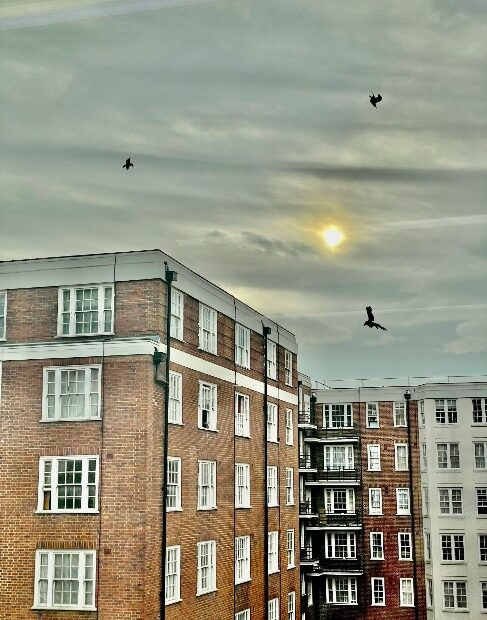How did I get here?
As only a “second six” pupil, this is something that I often ask myself! Like many careers in the legal profession, competition at the Bar is fierce. It took some time to get here, but I can safely say it was worth it.
I studied mathematics, economics and English language at A Level, before studying law at university. Straight after graduating, I went on to study for the LLM LPB, which consisted of the Bar Professional Training Course plus a masters dissertation.
Whilst completing the masters dissertation I worked as a paralegal within a business’ own legal team. I then moved on to work as a county court advocate, on a self-employed and then employed basis. I wanted to get some more specific commercial experience, so I returned to work as a paralegal at a law firm and it was whilst working there that I secured pupillage.
Throughout my education and employment before obtaining pupillage, I undertook several mini-pupillages, and marshalled with a judge. Each experience really helped to re-focus me along the way, and to remind me of my end goal. I also did some work experience with solicitors. It is useful to get an experience and understanding of the role of a solicitor, as these are the individuals who send you your work.
What does a typical day look like?
My commercial pupillage so far has included a good mix of both hearings and paperwork covering probate, professional negligence, insolvency, employment and property cases.
In my first six months of pupillage, a typical day consisted of reading the papers for, and shadowing members of chambers during, hearings as well as having a go at paperwork that they were working on. I took part in advocacy exercises, a mock trial and the compulsory advocacy course.
A typical day now, just over a month into the second part of my pupillage, involves either working on my own paperwork, or preparing for and attending hearings such as small claim trials or application hearings. I have continued to be involved with the cases of my pupil supervisor too.
The best part of my job.
The most rewarding part of pupillage so far was the transition between first and second six, when the skills observed need to be put into practice. I have been lucky enough to have dealt with some interesting and challenging cases already, and whilst surrounded by a really supportive chambers. Completing my own work, whether that is attending an insolvency application hearing or working on interim injunction papers, has been very rewarding.
What do you need to qualify as a barrister?
My experience noted above is only one of a few ways to become a barrister. Other options include becoming a solicitor and then cross-qualifying as a barrister or, if you have sufficient experience, it is possible to apply for and obtain an exemption in relation to pupillage.
Why does diversity in the workplace matter?
A diverse workplace environment is a rich one. To be exposed to different people from different backgrounds as a lawyer makes you a better lawyer. It gives you a broader understanding of different perspectives which you can apply when representing clients.
Arianna Barnes of 23 Essex Street
